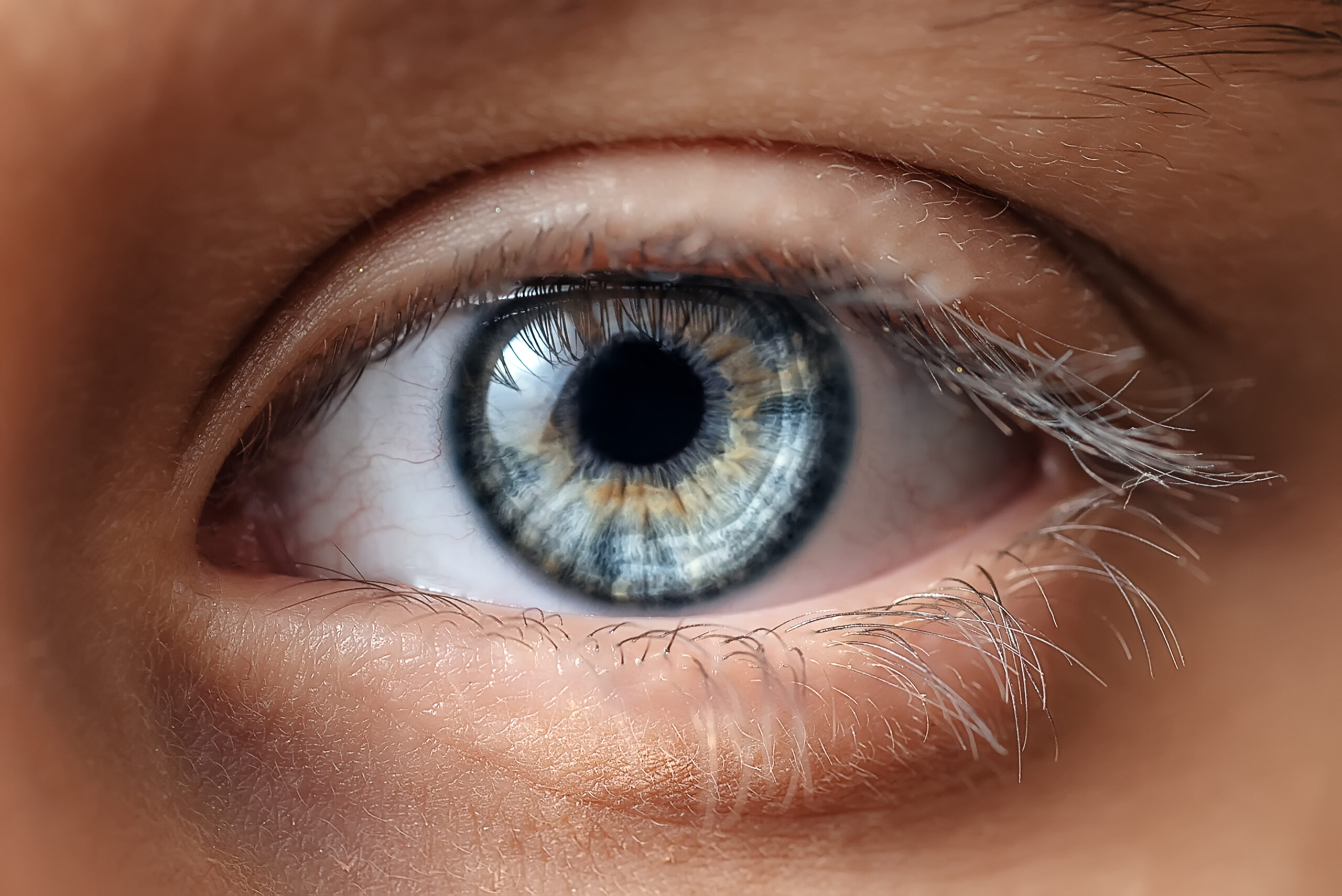Am I A Candidate For Corneal Cross-Linking?in Boston, MA

Vision problems are not uncommon in the United States. That’s the conclusion reached in several studies, including one from Georgetown University. It revealed that an estimated 20 million Americans, approximately 8% of the U.S. population, suffer from some form of vision impairment, including blindness. The study further found that vision impairment is a leading cause of loss of independence among people aged 65 and older. However, it is not only older adults who have vision loss. According to the Centers for Disease Control and Prevention (CDC), many middle-aged adults and teens have vision problems that range from minor to severe. Warped corneas can be one of the causes of vision loss. A corneal cross-linking procedure can treat warped corneas. Read more to learn about corneal cross-linking and whether you are a good candidate for treatment.
Common Vision Problems in America
Common vision problems that negatively affect individuals of all ages include astigmatism, nearsightedness, farsightedness, myopia, and presbyopia. A few others include macular degeneration, glaucoma, cataracts, and diabetic eye disease. Multiple different treatments can help individuals struggling with these vision problems.
What Is Corneal Cross-Linking?
Corneal cross-linking is a minimally invasive procedure Ophthalmologists use to treat weakened or warped corneas. It entails creating new links between collagen fibers of the cornea to help strengthen and stabilize it. If all goes according to plan, corneal cross-linking either slows or halts the progression of specific eye diseases that would otherwise lead to vision loss.
Do Your Vision Problems Make You a Candidate for Corneal Cross-Linking?
According to Baylor College of Medicine, corneal cross-linking is best suited for individuals diagnosed with the following eye diseases:
- Keratoconus
- Pellucid marginal degeneration
- Ectasia after refractive surgery
Available data shows individuals diagnosed with these eye diseases are good candidates for corneal cross-linking, irrespective of age, if they meet the following additional requirements:
- Does not have significant corneal scarring
- Does not have corneas that are considered below threshold thickness values
- Has a documented progression of keratoconus within the last two years
Ophthalmologists With the Nielsen Eye Center Detail What Expect During a Corneal Cross-Linking Procedure
According to most Ophthalmologists, including those with Nielsen Eye Center, the steps involved in performing a corneal cross-linking procedure start with an Ophthalmologist placing vitamin B eyedrops onto the patient’s cornea. Next, they expose the vitamin-filled eyes to a controlled amount of UV light for approximately 30 minutes. This combination stimulates collagen production, which creates new bonds for the corneal structure. Finally, the Ophthalmologist places a bandage contact lens over the eye, which helps protect the cornea while it heals. Generally speaking, a corneal cross-linking procedure takes 1 to 2 hours from start to finish, and the recovery time can range from a few weeks to a month.
In summary, corneal cross-linking is a procedure that improves and even fends off vision loss in people diagnosed with specific eye diseases. For those individuals, it can provide them with a much better quality of life and prevent those patients from needing more invasive surgery.
Schedule an Appointment
If you would like to learn more about corneal cross-linking and whether or not it is right for you, please schedule a consultation with the Nielsen Eye Center today if you are in the Quincy, MA, Norwell, MA, Weymouth, MA, and Norwood, MA areas. Nielsen Eye Center is proud to provide the only FDA approved cross-linking procedure on the market, performed by one of our excellent Board Certified Ophthalmologists.



